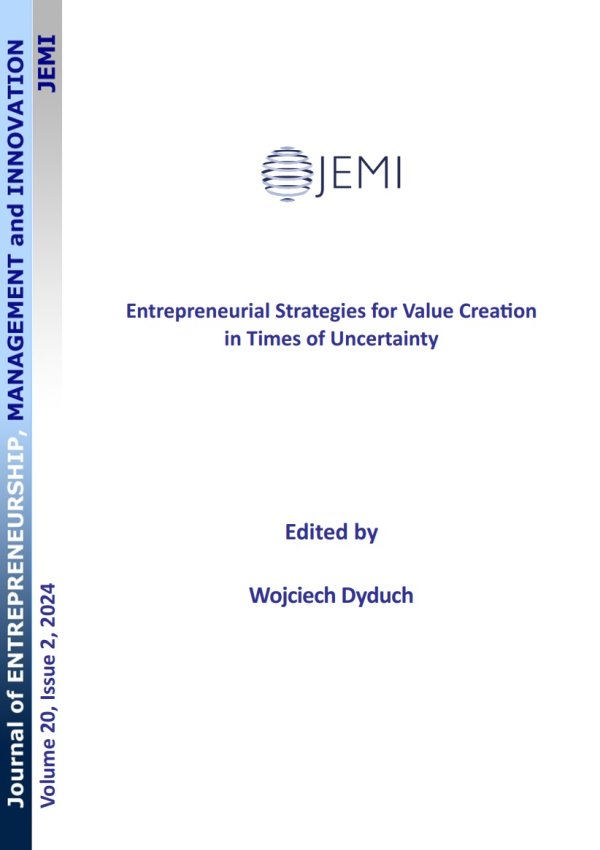Muhammad Ammad Khan, PhD., Department of Development Studies, College of Humanities and Development, China Agricultural University, 17 Qinghua E Rd, Haidian, Beijing, China. E-mail: This email address is being protected from spambots. You need JavaScript enabled to view it..
Nazish Kanwal, Department of Agricultural Economics and Management, College of Economics and Management, China Agricultural University, 17 Qinghua E Rd, Haidian, Beijing, China. E-mail: This email address is being protected from spambots. You need JavaScript enabled to view it..
Peer Ghulam Nabi, Center for Research and Development Policy, Jammu and Kashmir, India. E-mail: This email address is being protected from spambots. You need JavaScript enabled to view it..
Ashfaq Ahmad Shah, PhD., Department of Development Studies, College of Humanities and Development, China Agricultural University, 17 Qinghua E Rd, Haidian, Beijing, China. E-mail: This email address is being protected from spambots. You need JavaScript enabled to view it..
Abstract
Microcredit has been recognized as an effective tool to foster entrepreneurship among the rural women. Traditionally, women entrepreneurs in Pakistan are handicapped in the matter of organizing and running their businesses due to absence of capital and fear of failure. With the efforts of state-owned and private microcredit instructions, many Pakistani women are now establishing new businesses with ideas to start micro and small enterprises. This paper intends to examine the role of Sarhad Rural Support Program (SRSP) in empowering women entrepreneurs through microcredit in Khyber Pakhtunkhwa province of Pakistan. The study was undertaken in six villages from three selected districts to examine the effect of microcredit on social and economic empowerment of the rural women entrepreneurs. The field data was collected by applying multistage sampling techniques from the sample size of 300 women entrepreneurs. However, social and economic empowerment index was developed for the assessment of socioeconomic empowerment of the women entrepreneurs. The study found significant improvement in the social and economic status of the women entrepreneurs and concludes that the overall effect of SRSP’s microcredit was positive in empowering women entrepreneurs and promoting entrepreneurship in the study area. However, to effectively address the gender-related constraints and cultural sensitivity that limit equitable access of women entrepreneurs to the local markets, support services are required by the SRSP to create linkages between the women entrepreneurs and local markets.
Keywords: microcredit, women entrepreneurs, social and economic empowerment, Khyber Pakhtunkhwa province, Pakistan.






